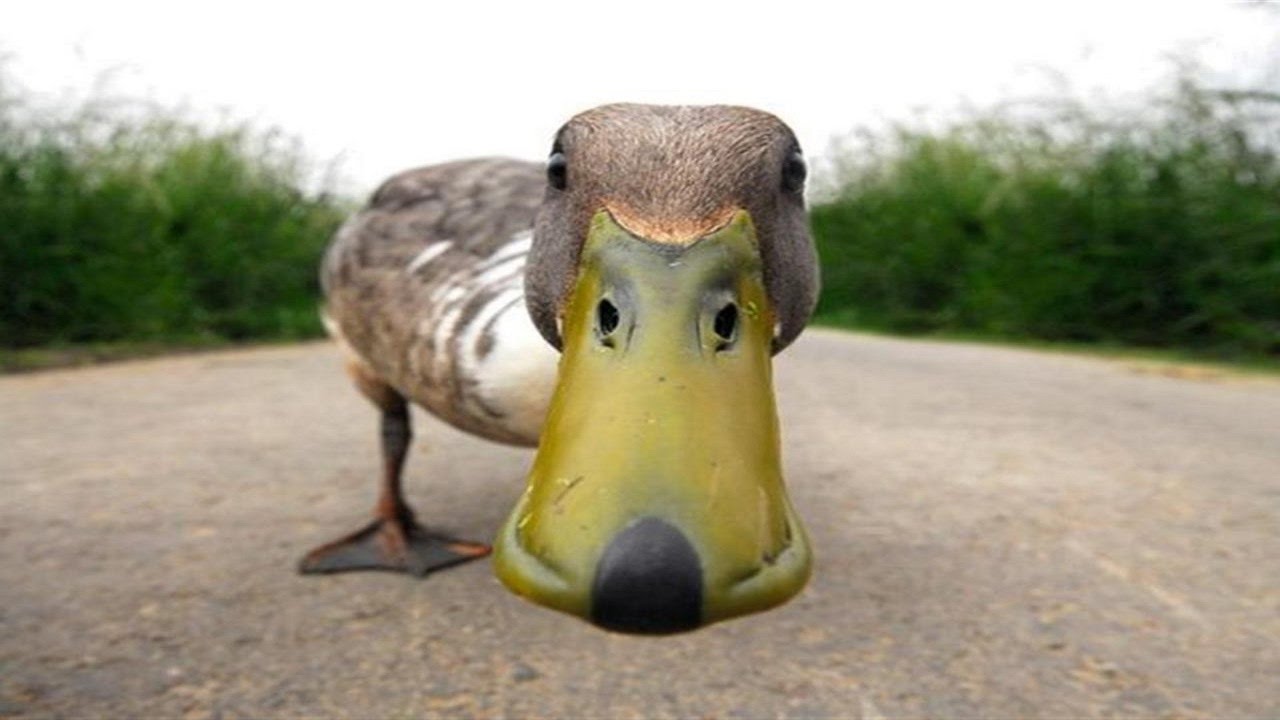I shared this in a comment recently and I’m wondering if it led to this post.
Eat less meat, please! Not asking anyone to be vegan, just eat less meat.
I think a lot of us have been eating less in general due to how expensive food is right now, and that includes meat so that’s a win I guess?
Semi joking aside that’s a very reasonable approach to this problem. For some reason people like my parents “need” beef or some kind of meat with every meal, which is expensive and caused my mom to get gout. Yet her diet stays the same. There’s very little middle ground with people on this topic, so it’s refreshing to see someone suggesting we just eat less of it.
I need lean protein and meat is the best source. I mostly eat chicken but beef is number 2 behind that. I’ll eat pork but don’t really care for it. Unfortunately I don’t like fish aside from canned tuna. So options are limited. I’ve tried finding vegetarian meals but most of what I found has poor macros compared to meat and requires a lot more prep time. I don’t really care where my nutrition comes from as long as it tastes okay. If they made a human version of dog food that met my macro requirements I’d just carry a bag of that around everywhere.
I cannot see why people want so much beef. Why do you want cows, specifically?
I shared this in a comment recently and I’m wondering if it led to this post.
Maybe. I got it from @Ephera@lemmy.ml
Ah, that’s a coincidence, in this case.
I had read this comment asking for environmental cost of certain foods and I remembered there being a solid report on that by Hannah Ritchie on ourworldindata.org, so I started researching that, but then stumbled over this graph instead. @zeekaran@sopuli.xyz
The difference between beef and lamb, and pigs and poultry is way more than I thought.
I didn’t think coffee and chocolate would be so high.
I wonder where tea falls there?
To be fair a kilogram of coffee or chocolate lasts for a month if not more. It’s hard to say that it’s that high compared to others.
Nuts are interesting. Correct me if I am wrong, but I thought certain types of nuts (like almonds) require massive amounts of water. I think almonds require more water than an equivalent amount of chicken. I know this chart is about CO2, so kinda a apples to oranges comparison, but I’m curious if that is something that should also be considered when discussing environmental impact of foods?
How much is it compared to private jets?
Private jets only have a handful of nuts
I’m not full vegan/vegetarian, but I’ve cut out all the beef/dairy that I can from my diet, just because of how bad cows in general are for the environment with their methane farts, though I think there may be methods to reduce emissions. I’m guessing that costs money though, so fuck that, we need cheap beef. I think if people just took that step of cutting that one animal out of our food chain, it’d be alot easier for people to do, rather than trying to cut out all meat and going vegan.
similar here - graphs like this helped the push to cut out most red meat from our menu. Emphasis “most” as we are neither vegan nor do we refuse beef items at restaurants or as guests.
but like you said, by just cutting out most beef, while allowing occasional items, would be a big step forward. We also cut out some pork, and try to get most protein from poultry and plant-protein. The reason for pork then adds seeing how terrible their conditions are and knowing how smart they are.
Coffee surprised me. I thought it had a fairly low impact overall. Interesting…
Well, one cup of coffee tends to use 7 grams of coffee beans. That has the same emissions as 5 grams of lamb.
Which means drinking two cups of coffee a day still makes up for around 4 kg of lamb meat per year.
How much of an overlap is there between milk, cheese, and beef? They’re all coming from cows, but are they being calculated separately here? There are also gelatin and leather and other non-food products that come from cows. If there is a way to reduce that methane output, then it would be a lot more reasonable and it seems possible since it’s impacted greatly by diet.
Dairy cows and beef cows are different breeds. There’s hardly any overlap worth mentioning. For the purposes of these kinds of reports, they might as well be different species.
https://www.ncbi.nlm.nih.gov/pmc/articles/PMC8281100/
From the article:
Meat production from dairy cows is a significant component of beef production, accounting for almost 10% of U.S. commercial beef production.
10% isn’t “hardly any overlap worth mentioning”. Even if it was, it doesn’t address the overlap between milk and cheese.
When petrochemical companies get wrangled under control I’ll start worrying about this penny ante BS.
I barely ever eat beef since I live in a coastal area with productive waters where the seafood is cheaper, better, and fresher. But I do think the focus on individual contributions to climate change is somewhat misguided. We need to stop digging up carbon and lighting it on fire.
I’m not against individual efforts. I drive an electric car — well, a PHEV that’s got more electric range than I need for my daily life so I only need gas for road trips — and have solar panels and am very much an environmentalist. I get that every little bit counts. But shifting the blame to consumers rather than producers — especially oil/mining companies — seems like a distraction.
It’s like when oil companies promoted plastic recycling, which is a joke 90% of the time, to distract from plastic production. There’s definitely not a shortage of fresh water where I live but people in the southwestern US constantly get told to take shorter showers when the bulk of the water goes agriculture. (We obviously need food but there’s plenty of water-hungry cash crops grown in places where droughts are frequent.)
I wonder where high-fructose corn syrup falls.
How is the farm emissions from milk so much lower than from beef?
It’s per kg of product so I’m thinking the product is much larger relative to the herd
Probably a part of it. Working with the typical ages at which they are each killed, a cow killed for beef produces around 100kg meat per year, whereas a cow killed for milk produces both 300kg of milk solids per year and 25kg of meat per year.
its wierd that it is compared by CO2/mass, it would make more sense per callories or some important nutrients.
The most efficient way to produce proteins from animals is to farm carp, with beef being the worst possible way.
It was never about efficiency in any way, it’s all about preferences
don’t rely on poore-nemecek







